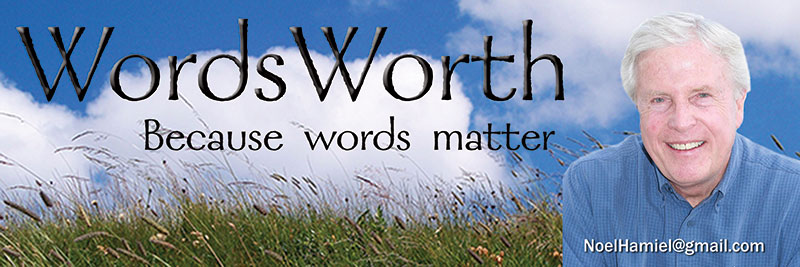Teacher: A person who cares enough about abusive and ungrateful teens to work for crappy pay and long hours while hoping someday students mature enough to realize how lucky they are to have someone who gives a d—- about them. — Urban Dictionary
Albert Einstein said a teacher’s job (he called it an art) “is to awaken joy in creative expression and knowledge.”
I would not begin to contemplate disagreeing with Einstein, but the Urban Dictionary definition is a bit over the top since plenty of teen-age students are grateful.
Most of us could easily define “teacher” by pulling up our best learning experiences from our memory banks. The top teachers cultivated their classroom crops like the gardener who knows that enlightened care and nurturing is essential for vigorous growth. Howard Elrod made physics and chemistry come alive by connecting them to everyday life. When his students went on to college, they were well prepared.
Who among us doesn’t have fond memories of certain teachers? Which is not to say that all teachers are great, but such is the nature of public education. Teachers, like preachers or doctors or lawyers, vary in ability. Unlike the private sector where we are able to pick and choose, K-12 students must take what they are assigned.
For decades, teacher pay has been an issue in South Dakota. We historically have ranked at or near the bottom. It is embarrassing. At the same time, it is also true that many other professions and occupations rank low in compensation in South Dakota. A Wage Study Task Force in 1999 found our state ranked last in the nation in wages (not just for teachers), primarily because of five key factors:
- Our rural nature and lack of metropolitan areas. 2. A lower percentage of college-educated citizens. 3. Low tax burden. 4. Dominance of small, rather than large, employers. 5. Low union membership.
What has changed in 15 years? Probably not much.
These are not excuses for poor pay for teachers, but they are reasons.
Another reason, perhaps as important as the others combined, is that fiscally speaking, South Dakotans are cautious. Political pundits describe our state as conservative, but actually, that description applies more to economic matters (the November 2014 minimum wage vote notwithstanding) than social ones.
A Blue Ribbon Task Force has been charged with finding new funding sources for education. I hope it succeeds.
July 22, 2015
